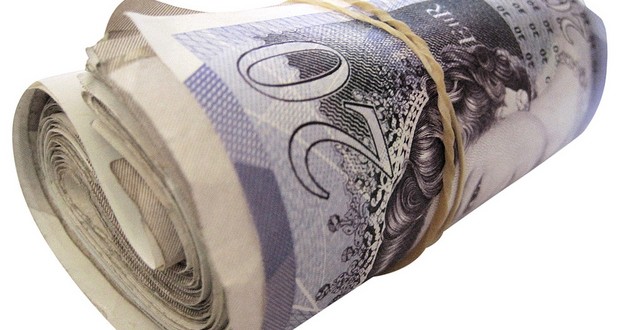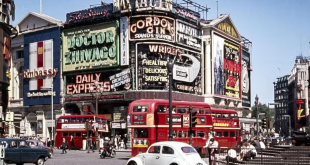It will not be a climate crisis or an energy crunch that will mark the start of our collapse. Credit will be the first casualty of our predicament
Claiming that Britain has a “savings crisis” is a bit like saying that someone infected with the Ebola virus has a fever. Yes, it is true that they have a fever; but that is not what is killing them.
That half of us have no savings or investments is merely a symptom of a much deeper sickness. One that until recently most economists refused to believe was real – indebtedness! While economists and politicians have been exercised about government debt since 2008, few have expressed concern about the historically high rates of private (household and company) debt that built up prior to the crash. This is because the erroneous mainstream “loanable funds” model of banking assumes that private debt has no effect on the economy.
Most economists, politicians and members of the public wrongly believe that banks act as intermediaries – borrowing money from savers and lending it to borrowers. As such, no “spending power” is lost to the economy. But this is not how banks work. Modern banks create their own (“bank credit”) money out of thin air every time they issue a loan. This is why commercial banks suddenly grew into vast multi-national corporations in the 1990s; they literally loaned trillions of dollars, pounds, euros and yen into existence, then repackaged the loans and sold them on to third party investors… and got rich in the process.
But there are only so many people that banks can lend money to. In 2008, they had scraped the bottom of the barrel and the loans started to go bad. And since they were all sat on each other’s’ now worthless derivatives, they were all effectively insolvent.
In 2008, governments had a choice. They could save the people by destroying the banks – effectively allowing the banks to crash, nationalising the remaining assets, re-floating these as new national banks, and then use their sovereign power to print money to compensate ordinary savers and depositors. Alternatively, they could save the banks by destroying the people – using future taxes in perpetuity to pump liquidity into insolvent banks in the hope that this would restart the credit binge that had ended so disastrously.
They chose the latter course, and we are living with the consequences. One of which is that the global economy cannot grow because consumers are too busy paying off existing debt to be tempted to take out even more. In the UK this problem is compounded by astronomical housing costs that are themselves an effect of the earlier credit binge. Add in the massive amount of student debt that the Millennials are carrying, together with the loss of high-paid/high-skilled employment in favour of low-skilled/low paid and often zero-hours and part-time jobs, and it is hardly a surprise that half of the population has no savings.
Indeed, what we are living through is what sociologist Tim Watkins in The Consciousness of Sheep calls “The End of Credit”:
“It will not be a climate crisis or an energy crunch that will mark the start of our collapse. Credit will be the first casualty of our predicament…
“In the broader sense of the word credit – from the Latin credo (I believe) there will be profound difficulties too. Most of our social conventions have evolved out of an exponentially growing economy. For example, the belief that things will be better tomorrow than they are today is key to motivating young people to take out student loans or to spend several years in low-paid (or even no-paid) positions on the bottom rung of the career ladder in the expectation that a good, high paid career will be realised at a later date. Once it becomes clear that the future will not be as good as the present, there is considerably less motivation for this. Similarly, the general consensus that we should all pay our ‘fair share’ of tax will unravel if governments are unable to fulfill their side of the social contract to provide social security, state pensions, healthcare, education and public services.”
If half of the people of Britain are not saving, it is not just that they do not have enough money to put aside (although this is undoubtedly the case for many). It is a sign that our trust in our civilisation is beginning to collapse. With the energy crunch looming, and climate destruction coming hard on its heels, an increasing number of us see no point saving for a future that is no longer possible.




